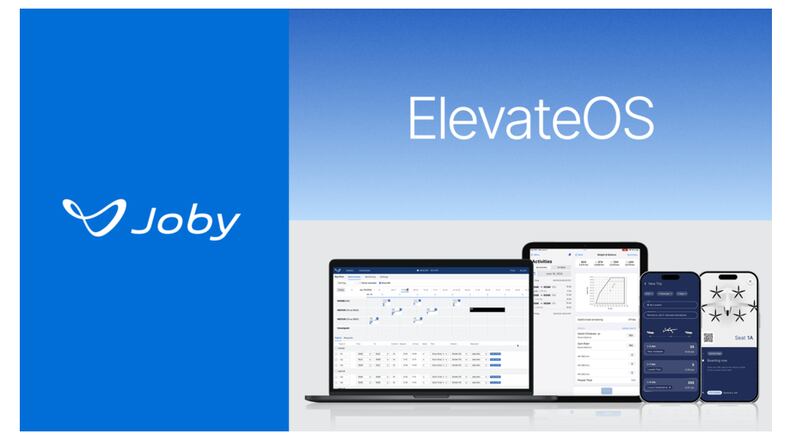Joby’s proprietary “ElevateOS” air taxi software system includes an operations core, a pilot app, and a rider app for consumers, all of which the FAA has authorized for use, Joby said.
The software also includes a matching engine, similar to those used by ride-hailing apps today. The engine pairs passengers with available aircraft, the company said.
Utilizing a Part 135 Air Carrier Certificate granted by the Federal Aviation Administration more than two years ago, Joby said it has been able to test its software by enabling Joby employees to book flights “with free choice of timing, origin and destination, using the Joby rider app.”
The company plans to discuss the software in a virtual presentation Thursday afternoon.
Joby has been developing and testing these software tools, in-house, since acquiring Uber Elevate, the air taxi division of Uber in 2021. In 2019, Uber Elevate launched and ran UberCopter, the world’s first on-demand, multi-modal air taxi service in New York City, using traditional helicopters that were bookable via the Uber app.
“The air taxi service we plan to deliver isn’t like any sort of air travel that’s existed before,” Eric Allison, chief product officer at Joby and former head of Uber Elevate, said in Joby’s statement. “We expect travelers to book on-demand and to be boarding an aircraft just minutes later, much like the experience of using ground-based ridesharing today. That required us to totally rethink the software and the operations of these aircraft.”
In September last year, Joby said it planned to build a facility capable of delivering up to 500 aircraft per year at the Dayton International Airport, supporting up to 2,000 jobs.
About the Author


